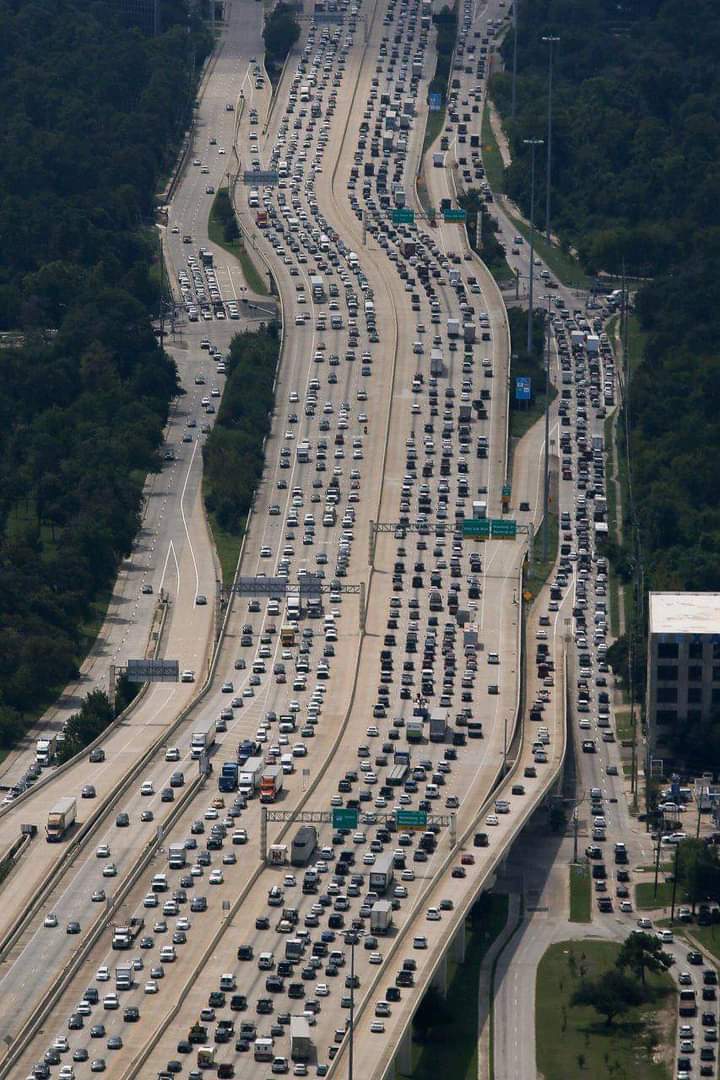this post was submitted on 04 Jul 2024
339 points (96.4% liked)
pics
19743 readers
609 users here now
Rules:
1.. Please mark original photos with [OC] in the title if you're the photographer
2..Pictures containing a politician from any country or planet are prohibited, this is a community voted on rule.
3.. Image must be a photograph, no AI or digital art.
4.. No NSFW/Cosplay/Spam/Trolling images.
5.. Be civil. No racism or bigotry.
Photo of the Week Rule(s):
1.. On Fridays, the most upvoted original, marked [OC], photo posted between Friday and Thursday will be the next week's banner and featured photo.
2.. The weekly photos will be saved for an end of the year run off.
Instance-wide rules always apply. https://mastodon.world/about
founded 2 years ago
MODERATORS
you are viewing a single comment's thread
view the rest of the comments
view the rest of the comments


If you had access to good public transport you could take a train for those 30 miles and relax, work or read instead of wasting time being focused on traffic. But if there's too much supply of roads built for the purpose of everyone driving their car everywhere, there won't be much demand to build something like that.
Biking and walking can then be for mid and short distances, respectively. But both will be dangerous unless there's proper infrastructure for that. And again, not happening until they stop the over supply of roads.
And for hauling the dry wall, yes, use a car. Imagine how much nicer traffic and parking will be if most commuters who aren't transporting big loads aren't in private vehicles.
The problem is that the infrastructure doesn't exist, and introducing it is cost-prohibitive for large parts of the US. I would love to be able to take a train from my small town to the nearest metro area 30 miles away and then take a tube to a block away from my destination--but that's just not going to happen in my lifetime, because the city can't afford to install a subway, and the auto lobby won the war against commuter rail before I was born.
Could it be better? Sure. Might it become better? Maybe, but probably not in my lifetime.
In the meantime, people are de facto dependent on cars. Destroying infrastructure necessary to support the reality of how people must, through no fault of their own, travel punishes the traveling public without addressing the actual problem.
If we're going to transition to better transit infrastructure, we first have to build the better infrastructure--and pay for it by ~~eliminating~~ unseating political opposition. Only then can we dismantle these kinds of monstrosities without disenfranchising the people who depend on them.
It's more the political opposition than the cost, rail used to be the de-facto long distance transport and it worked very well.
Rail still hauls a lot of freight, but in many areas people no longer enjoy the benefit of rail transport.
Freight rail is still alive in my area--and that means commuter rail could be. But like a lot of places, the public has been duped into voting against their own interests. I don't want to hijack the thread, but it's an issue that--if you care about it, you should be voting for Amtrak Joe. Public transportation needs to be part of the nation's climate agenda, and the Criminal Cheetoh wants to sacrifice us all on the altar of petrol.